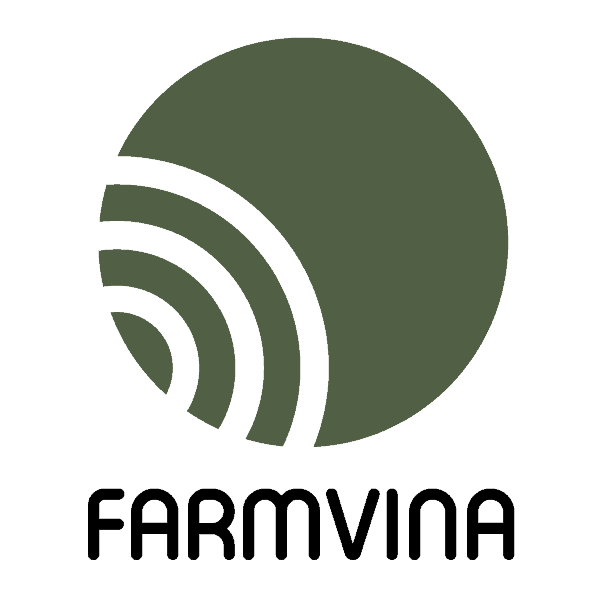Guardians of the Rice Paddies: Exploring Vietnam’s Native Dog Breeds and their Agricultural Heritage
Vietnam, a land of verdant rice paddies and bustling markets, boasts a rich canine heritage. Beyond the popular French Poodle and Shiba Inu, a fascinating world of native Vietnamese dog breeds exists, each with its own unique history and connection to the country’s agricultural traditions. These dogs, often overlooked in favor of foreign breeds, played a crucial role in the lives of Vietnamese farmers, serving as loyal companions, skilled hunters, and vigilant guardians.
This article delves into the fascinating world of Vietnam’s native dog breeds, exploring their history, characteristics, and the important role they continue to play in the country’s rural communities.
A Diverse Canine Tapestry:
Vietnam is home to a diverse array of native dog breeds, each adapted to specific regions and tasks. Some of the most notable breeds include:
- Hmong Dog (Chó H’Mông): Originating from the mountainous regions of northern Vietnam, these sturdy and intelligent dogs were traditionally used by the Hmong people for herding and guarding livestock.
- Phu Quoc Ridgeback (Chó Phú Quốc): Known for their distinctive ridge of hair along their backs, these agile and loyal dogs hail from Phu Quoc Island and were historically used for hunting and guarding.
- Dingo Indochinese (Chó Dingo Đông Dương): These wild-looking dogs are believed to be descendants of ancient Asian dogs and are known for their independent nature and hunting prowess.
- Bac Ha Dog (Chó Bắc Hà): Originating from the Bac Ha district in Lao Cai province, these strong and resilient dogs were traditionally used for herding and guarding buffalo.
Table 1: Characteristics of Vietnamese Dog Breeds
| Breed | Origin | Size | Temperament | Traditional Role |
|---|---|---|---|---|
| Hmong Dog | Northern Mountains | Medium | Intelligent, Loyal, Protective | Herding, Guarding |
| Phu Quoc Ridgeback | Phu Quoc Island | Medium | Agile, Loyal, Independent | Hunting, Guarding |
| Dingo Indochinese | Various Regions | Medium | Independent, Alert, Athletic | Hunting |
| Bac Ha Dog | Lao Cai Province | Medium to Large | Strong, Resilient, Protective | Herding, Guarding |
Guardians of the Farm:

For generations, Vietnamese farmers have relied on their canine companions for a variety of tasks:
- Herding: Dogs like the Hmong Dog and Bac Ha Dog were essential for managing livestock, herding buffalo and cattle, and protecting them from predators.
- Hunting: Breeds like the Phu Quoc Ridgeback and Dingo Indochinese were skilled hunters, assisting farmers in catching wild game for sustenance.
- Guarding: Many native breeds possess strong guarding instincts, protecting homes and farms from intruders and wild animals.
- Companionship: Beyond their practical roles, these dogs were also valued companions, offering loyalty and affection to their human families.
Preserving a Canine Heritage:

While some native Vietnamese dog breeds, like the Phu Quoc Ridgeback, have gained international recognition, others remain relatively unknown and face challenges such as:
- Crossbreeding: Uncontrolled breeding with foreign breeds can dilute the unique genetic traits of native dogs.
- Habitat Loss: As rural landscapes change and traditional farming practices evolve, the roles of these dogs may diminish, leading to a decline in their numbers.
- Lack of Awareness: Many Vietnamese people are unaware of the rich diversity of their native dog breeds, leading to a preference for foreign breeds.
Efforts to Protect and Promote:
Fortunately, there are growing efforts to preserve and promote Vietnam’s native dog breeds:
- Breed Clubs and Organizations: Dedicated organizations are working to establish breed standards, promote responsible breeding practices, and raise awareness about these unique dogs.
- Community Engagement: Educating local communities about the importance of preserving their canine heritage can encourage responsible pet ownership and breeding practices.
- Research and Documentation: Conducting research on the genetic diversity and historical significance of these breeds can contribute to their conservation.

The Future of Vietnam’s Canine Companions:
By recognizing the value and importance of Vietnam’s native dog breeds, we can ensure their continued presence in the country’s cultural and agricultural landscape. These dogs, with their unique blend of loyalty, intelligence, and resilience, deserve our appreciation and protection.
As Vietnam continues to modernize, it’s crucial to remember the important role these dogs have played in the country’s history and to ensure that they remain a part of its future.
Originally posted 2024-10-22 14:55:58.
